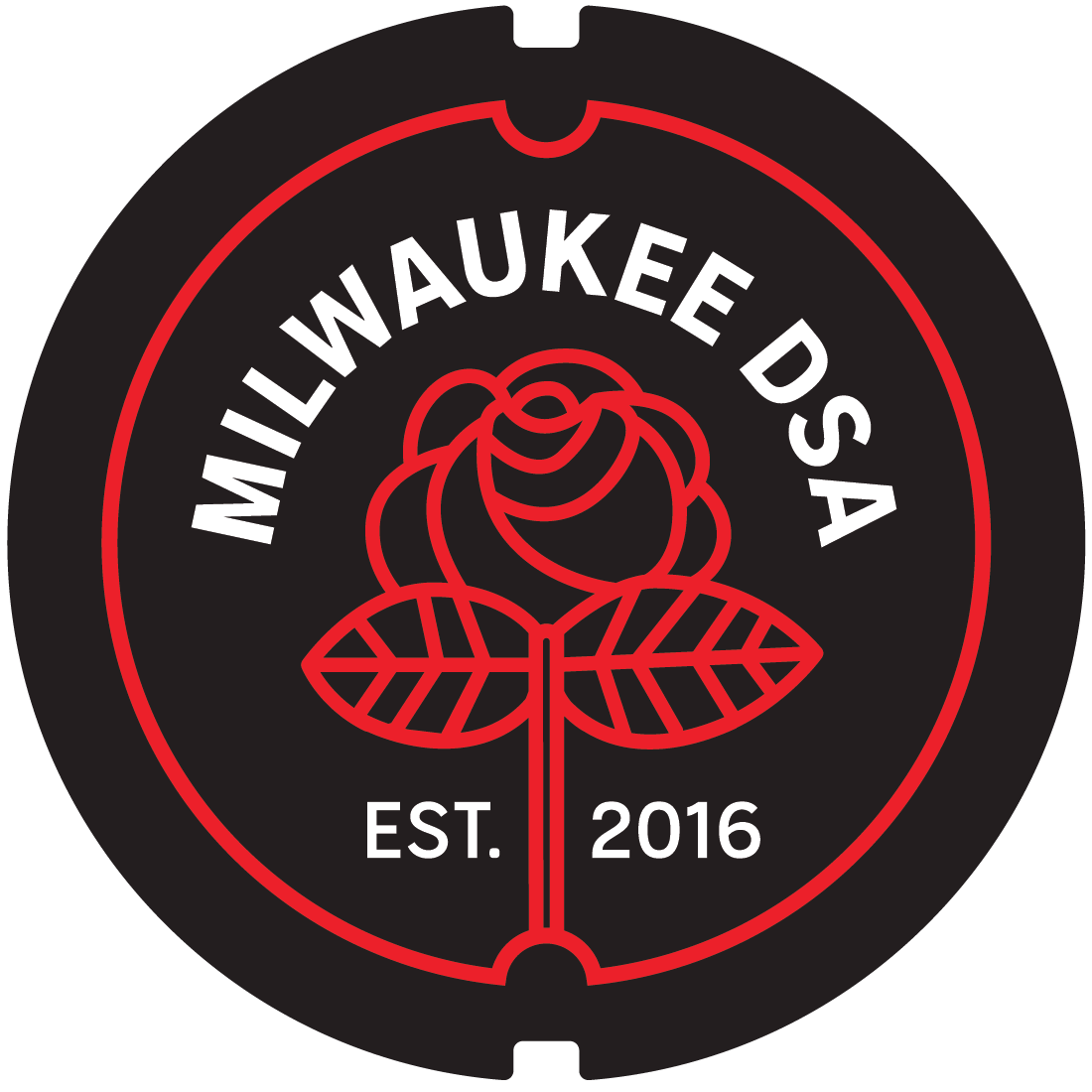Auf Auf Zum Kampf (traditional march, adapted by Bertolt Brecht)
On the eve of the outbreak of the First World War, the Second Socialist International gave permission to member organizations to support the war effort if their country was threatened with attack. Given the complex circumstances of the onset of the war, most of the major participants could plausibly claim to be under attack, including Germany (though, in truth, most could also plausibly be called aggressors, including Germany). Given this, the German Social Democratic Party voted to support the government’s request for funding for the war effort. As the war dragged on, it became a point of division within the party, and in 1917, the party split. The anti-war wing became known as the Independent Social Democrats, and that split again, with the far left of the party calling themselves the Sparticists. The most notable leaders of this faction were Rosa Luxemburg and Karl Liebknecht. Rosa Luxemburg was a widely respected intellectual leader in the German socialist movement, a theoretician, and a professor in the Social Democratic Party school in Berlin. Karl Liebknecht was a dedicated anti-militarist throughout the war, and a true believer in the workers’ revolution.
In October of 1918, as the German war effort collapsed, there was a mutiny in the Baltic naval port of Kiel. This mutiny spread to the barracks on land, and they were joined by workers in the port city. The mutineers and the workers formed governing councils, and these workers’ and soldiers’ councils spread throughout Germany. The split in the Social Democratic Party became much more serious at this point. With the collapse of the German Empire, the Social Democrats became the leaders of a provisional government. They started making plans for a constitutional convention and parliamentary democracy. The workers’ and soldiers’ councils, on the other hand, were effectively the government in many cities, and the Revolutionary Shop Stewards had strong influence in Berlin. The Spartacists favored supporting and guiding all these efforts. In the end, this all led to an abortive uprising by the Spartacists in January, 1919, just ahead of the Social Democrats’ proposed constitutional convention.. During this uprising, Karl Liebknecht and Rosa Luxemburg were arrested and murdered by Freikorp militias under the authority of the Social Democrats.
The Social Democrats proceeded with the constitutional convention and the Weimar Republic was born. The Spartacists became the German Communist Party, and the Independent Social Democrats eventually dissolved. The rift never healed, a factor in the rise to power of the National Socialists.
Auf Auf Zum Kampf started out as a marching song from the Franco-Prussian War. Bertholt Brecht created new lyrics for it in 1919, to commemorate the deaths of Luxemburg and Liebknecht.
